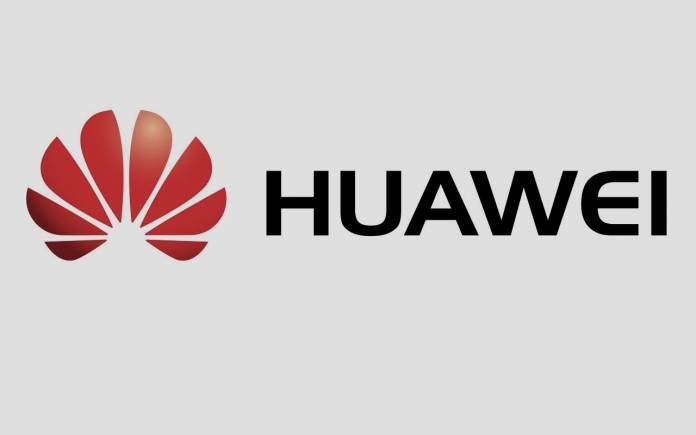
Huawei may be very busy these days as it continues to shop for supplies before it’s not able to do so. The US trade ban has brought a lot of challenges for the top Chinese OEM for more than a year now. We don’t think there will be any change or any more reprieve for the company after the September 14 deadline. It’s not just Huawei rushing to make things works, its suppliers are also working to ship the orders to the phone maker.
Huawei is said to be stocking up on display driver chips, radio frequency, WiFi, 5G mobile processors, and whatever parts are needed. It’s been sourcing from RichWave, Novatek, Realtek, and MediaTek among others. The company needs to get whatever components it needs to finish its products lined up for release.
Those foreign chipmakers and suppliers that use American technology have been limited as well in their business deals with Huawei. For one, TSMC already stopped getting orders from Huawei. Other firms may need to ship out orders before September 14, midnight.
Huawei needs these parts because if not, they will fail to complete their products. Sales and shipments could fall next year by 75%. Huawei is believed to be even willing to accept half-finished products. This means that even if they have not been assembled or tested, Huawei will still receive them. However, some of these suppliers said they will still follow business protocols and trade regulations.
Huawei is said to be on survival mode right now. That’s understandable because the US government has been really hard on Huawei over alleged spying reasons. Huawei only has three weeks before the deadline. It wants to meet the customers’ needs so it will do everything. Sources are saying finished and half-finished chips will be shipped to Huawei. Other suppliers that are expediting orders by Huawei include Samsung Electronics, SK Hynix, Sunny Optical Technology, and Largan Precision.
Huawei is also said to want to secure mostly 5G smartphone chips and other processors it will be using for premium phones. Huawei has been stockpiling parts. It already spent 167.4 billion yuan or around $23.45 billion last year. Let’s see how this story ends.









